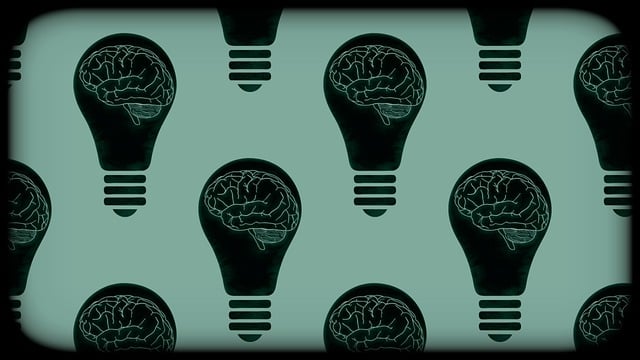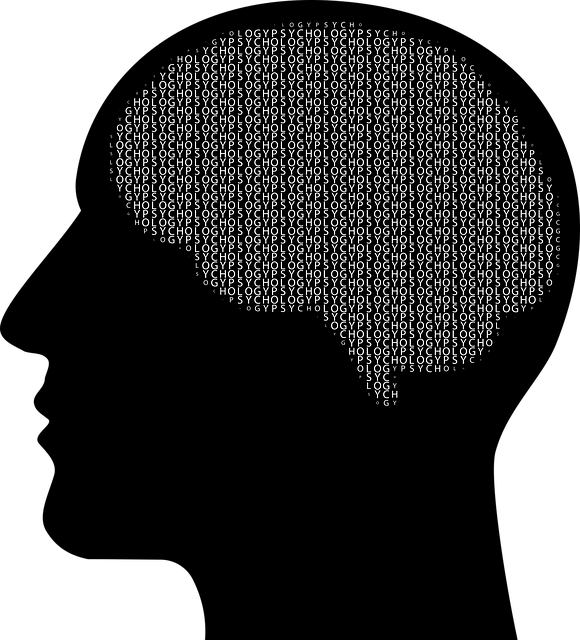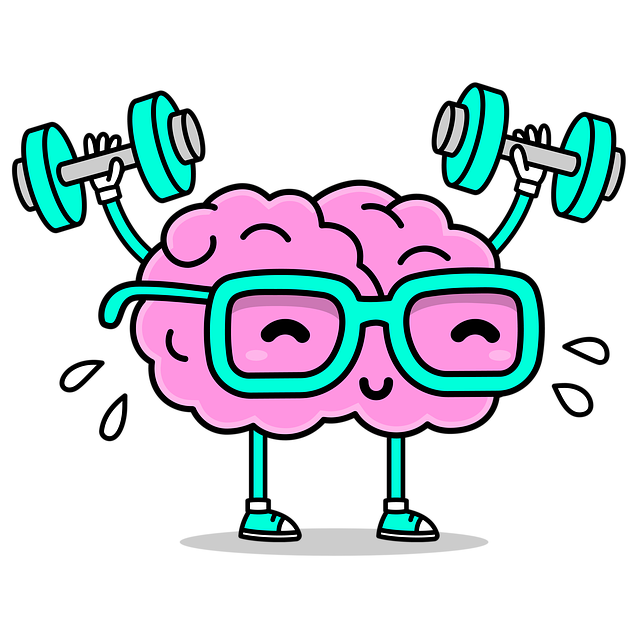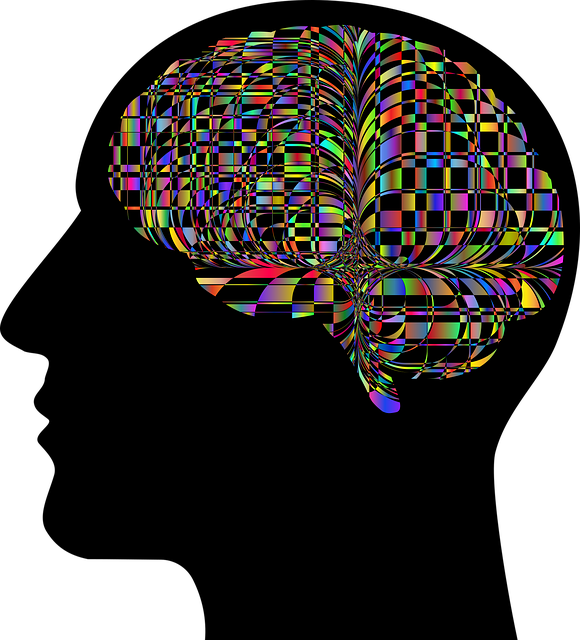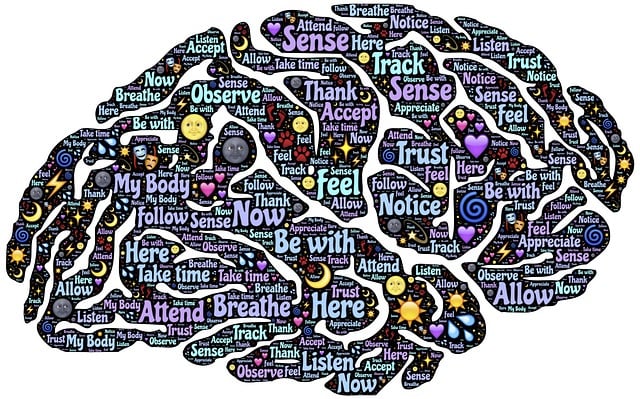Wheat Ridge Learning Disability Therapy offers a holistic, evidence-based approach to mental wellness, combining individual counseling, group therapy, and social skills training. Success is evaluated using both quantitative methods (surveys, attendance tracking) and qualitative feedback (client testimonials, therapist insights). This dual-approach ensures programs meet and exceed expectations, addressing academic improvement, anxiety relief, and life skill development. Regular iterative evaluations enable the program to adapt and optimize outcomes based on participant feedback and emerging research, fostering a supportive environment of growth and resilience.
“Uncovering the Impact: Evaluating Wheat Ridge Learning Disability Therapy Programs
This comprehensive guide explores effective evaluation methods for mental wellness programs, focusing on Wheat Ridge Learning Disability Therapy’s unique approach. We delve into quantitative assessment techniques to measure program effectiveness and qualitative feedback from clients, offering valuable insights. Through iterative evaluation strategies, this article highlights how Wheat Ridge continuously improves its services. Discover the key methods used to gauge success, enhance therapy outcomes, and ensure client-centered care within the learning disability therapy realm.”
- Understanding Wheat Ridge Learning Disability Therapy: An Overview
- Assessing Program Effectiveness: Quantitative Methods
- Qualitative Feedback and Client Testimonials
- Continuous Improvement: Iterative Evaluation Strategies
Understanding Wheat Ridge Learning Disability Therapy: An Overview

Wheat Ridge Learning Disability Therapy is a specialized program designed to support individuals with learning disabilities and associated challenges. This therapeutic approach focuses on enhancing cognitive functions, improving academic performance, and fostering better social interactions. The therapy leverages evidence-based practices, combining various techniques such as individual counseling, group therapy, and social skills training to create a personalized treatment plan for each client.
The program stands out through its holistic approach, addressing not only the learning disability itself but also related aspects like anxiety relief and building essential life skills. Community outreach plays a crucial role in its implementation, ensuring that services are accessible and tailored to the diverse needs of the community. This inclusive strategy enhances the overall effectiveness of the therapy, promoting long-lasting positive outcomes for participants.
Assessing Program Effectiveness: Quantitative Methods

Evaluating the effectiveness of a mental wellness program, such as that offered by Wheat Ridge Learning Disability Therapy, often involves quantitative methods to measure tangible outcomes. These approaches provide structured data and allow for comparisons over time or between different groups. One common technique is survey distribution and analysis. Pre- and post-program surveys can gauge participants’ perceptions of their anxiety levels, coping skills development, and overall mental wellness using standardized scales. By collecting such data, therapists at Wheat Ridge Learning Disability Therapy can assess the program’s impact on reducing symptoms of anxiety and enhancing coping strategies.
Additionally, quantitative methods include tracking attendance rates, completion of assigned tasks, and changes in relevant measures over time. For instance, measuring the frequency and quality of journal entries completed by participants during the program can offer insights into their engagement with mental wellness journaling exercises. This data, combined with qualitative feedback from therapists and clients, provides a comprehensive evaluation of the program’s effectiveness in promoting anxiety relief and developing coping skills.
Qualitative Feedback and Client Testimonials

Qualitative Feedback and client testimonials are invaluable tools for evaluating mental wellness programs, offering a deep understanding of participants’ experiences. At Wheat Ridge Learning Disability Therapy, we prioritize collecting this feedback to measure the effectiveness of our services. Through open-ended questions and in-depth interviews, we gain insights into clients’ emotional journeys and improvements in their ability to manage mood swings, a key aspect of our therapy programs.
These qualitative methods allow us to capture nuanced changes that quantitative measures might miss. Client testimonials provide powerful evidence of the program’s impact on their lives, sharing stories of enhanced emotional regulation and improved overall well-being. By integrating these perspectives into our evaluation process, we ensure that our mental wellness programs not only meet but exceed expectations, fostering a supportive environment for individuals navigating various challenges, including those related to learning disabilities and mood management.
Continuous Improvement: Iterative Evaluation Strategies

At Wheat Ridge Learning Disability Therapy, we understand that mental wellness programs require dynamic evaluation strategies to foster continuous improvement. Iterative evaluation involves regularly assessing and refining program components based on participant feedback and outcomes data. This approach ensures that interventions remain relevant and effective, addressing evolving needs in a changing landscape. By incorporating regular reviews, the program can adapt to new research insights, best practices, and community feedback, enhancing its overall impact.
Emotional regulation, burnout prevention strategies for healthcare providers, and stress management workshops organization are integral aspects evaluated within this framework. Through these iterative steps, the program aims to optimize participant outcomes and create a supportive environment that encourages growth and resilience. By consistently measuring and analyzing key metrics, Wheat Ridge Learning Disability Therapy ensures its programs remain at the forefront of evidence-based practices in mental wellness support.
The evaluation of mental wellness programs, such as Wheat Ridge Learning Disability Therapy, is a multifaceted process. By combining quantitative methods to assess program effectiveness and qualitative feedback from clients, organizations can gain a comprehensive understanding of their services’ impact. Integrating iterative evaluation strategies ensures continuous improvement, allowing Wheat Ridge Learning Disability Therapy to adapt and optimize its approach based on real-world outcomes. This holistic evaluation method not only enhances the quality of care but also ensures the program remains a valuable resource for those seeking support.
